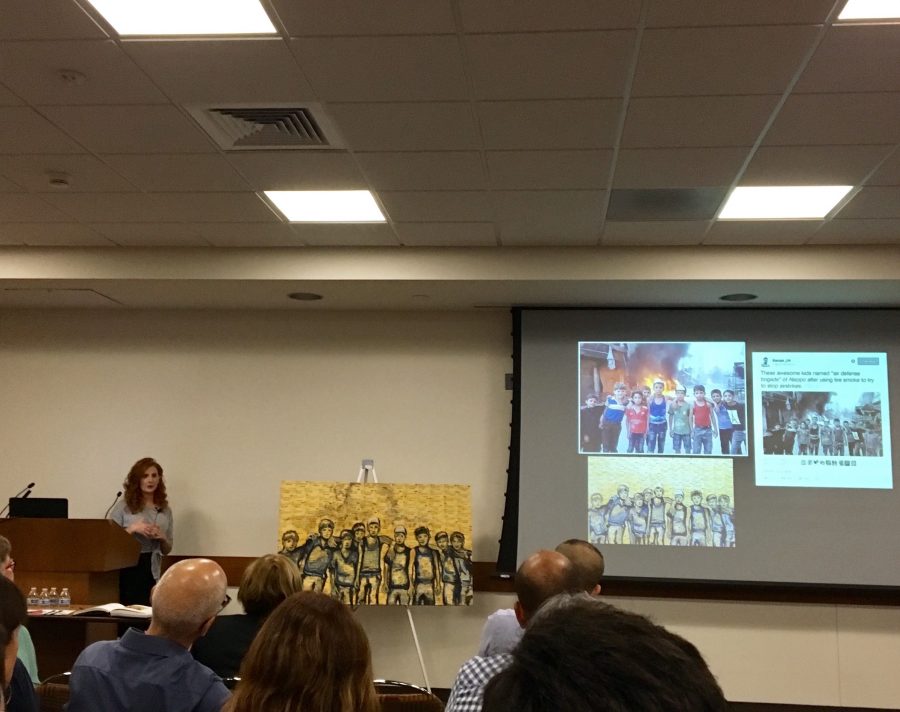Much like the controversial FBI director himself, the film “J. Edgar” suffers from an identity crisis. In an attempt to provide a multifaceted portrait of J. Edgar Hoover, director Clint Eastwood fails to commit to any of the movie’s six plot lines, instead creating a film as bloated as the actual former FBI chief.
The film relies on the narrative of an elderly J. Edgar (Leonardo DiCaprio) dictating his memoirs, which launch into alternating series of flashbacks that fail to anchor the plot in one era. “J. Edgar” uses the clumsiest of devices, the flashback within a flashback, to depict a scene from Hoover’s early childhood.
Ostensibly, the film’s spine is the repressed homosexual affair between J. Edgar and his FBI associate director Clyde Tolson (Armie Hammer). Despite the fact that the nebulous relationship between Clyde and J. Edgar dominates the final third of the film, “J. Edgar” doesn’t introduce Clyde until 30 minutes into the plot. Instead, the audience is left to flounder in J. Edgar’s memories regarding the 1919 bombings of government officials by “radicals” (a catchall term favored by J. Edgar throughout the film) as a catalyst to centralize power with the FBI. Juxtaposed with this prohibition-era power-grab is the aged J. Edgar’s attempt at blackmailing the “radical” Martin Luther King Jr. for perceived criticism of the bureau.
Those three plots alone would have made “J. Edgar” an ambitious undertaking. However, Eastwood then devotes nearly an hour to recounting the entire investigation of the kidnapping of Charles Lindbergh’s baby to demonstrate how Hoover spearheaded modern forensic analysis.
Other plots include Hoover’s domineering mother Annie (Judi Dench), whose homophobia leads to Hoover’s transvestism while contributing to his paranoia and repression, as well as an additional section devoted to killing bank robbers.
With a diverse collection of plots that run the gamut, from police procedural and political drama to a forbidden love story, “J. Edgar” shoehorns enough story to fill several feature-length films. But the film focuses so much of its 137-minute runtime on setting up each plot within each era that the momentum of the film falters.
Even worse, J. Edgar isn’t damaged enough by his overbearing mother to warrant sympathy for his emotional isolation, nor are his intentions pure enough to consider him heroic. When it is revealed his narration of past events are unreliable at best and outright lies at worse, there is no reason for the audience to invest any emotion in the character.
Perhaps the most egregious problem with “J. Edgar” is that the film resides squarely within the writer, director and star’s repertoire, and yet still lands so far off-target. From “Titanic” to “The Aviator,” DiCaprio remains the go-to actor for early-to-mid-20th century Americana, while screenwriter Dustin Lance Black scribed the excellent gay rights period piece “Milk.” Meanwhile, Eastwood makes a perennial Oscar bid about the man in the twilight of his life reflecting on his past regrets (see “Unforgiven,” “Million Dollar Baby,” and “Gran Torino”).
Sadly, much like J. Edgar himself, this confluence of talent proves too much ambition leads to self-destruction.
For more information visit jedgarmovie.warnerbros.com.







